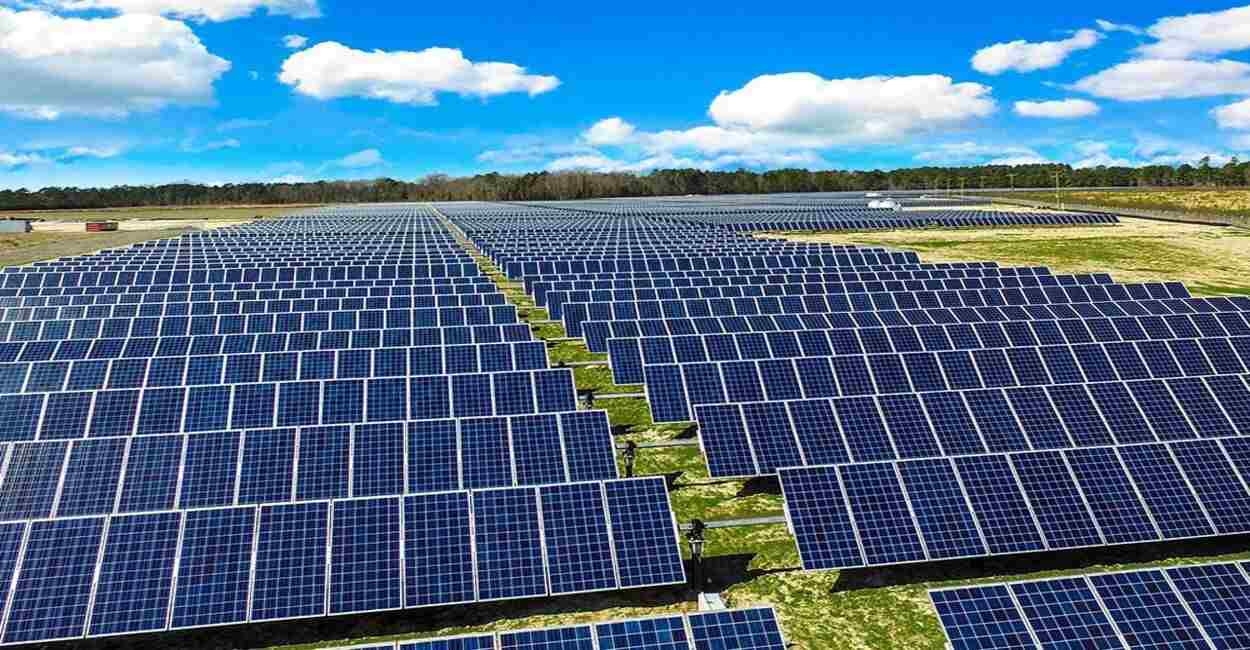How Solar Power Can Aid You Save Cash and Minimize Your Carbon Footprint
The combination of solar power right into your power portfolio offers a compelling opportunity for both monetary cost savings and environmental stewardship. As various federal government motivations come to be available, the question emerges: just how can one efficiently navigate the preliminary investments and recurring advantages of solar technology to take full advantage of both economic and ecological gains?
Recognizing Solar Power Financial Savings
While the shift to solar energy commonly entails a first financial investment, comprehending solar power savings is essential for property owners and services alike. Solar power systems can substantially decrease electricity expenses by using the sunlight's power, equating into significant lasting monetary advantages. By producing their own electricity, individuals lessen reliance on grid power, which undergoes changing rates. These financial savings can collect over time, often bring about a quick roi.
In addition, solar power systems might certify for various financial motivations, including tax credit histories and refunds, further boosting their cost-effectiveness. The accessibility of net metering allows individuals to market excess energy back to the grid, producing an added income stream. These variables contribute to the overall financial savings related to solar power.

Along with guide financial cost savings, solar power offers the added benefit of raising residential or commercial property worth. Residences furnished with photovoltaic panels are frequently much more appealing to purchasers, as they guarantee lower energy costs - Simply Solar Illinois. Recognizing these aspects is important for any individual considering solar power, as it highlights not simply the possible economic gains, however likewise the wider ecological and economic advantages of taking on eco-friendly power services
Preliminary Prices vs. Long-Term Conveniences
When reviewing solar energy, it is very important to weigh the first costs versus the lasting benefits. The upfront investment for solar panels, setup, and associated equipment can be considerable, commonly varying from $15,000 to $30,000, depending upon the system dimension and home energy requirements. This initial expenditure might deter some house owners; nevertheless, it is vital to think about the potential financial savings with time.
Once installed, solar energy systems can dramatically reduce or perhaps remove month-to-month electricity expenses, causing substantial lasting monetary advantages. Studies indicate that homeowners can conserve anywhere from $10,000 to $30,000 over the life-span of their planetary system, normally 25 years. Additionally, several states offer rewards, tax credit reports, and discounts that can counter initial prices, making solar more easily accessible.

Decreasing Your Carbon Impact
Minimizing your carbon impact is an essential factor to consider in today's eco conscious culture, and embracing solar energy is just one of the most effective techniques to accomplish this objective. Solar power is a clean, renewable energy that considerably diminishes dependence on fossil gas, which are major contributors to greenhouse gas exhausts.

Furthermore, the extensive Full Report fostering of solar technology encourages the advancement of green work and supports developments in energy storage space and performance. The even more individuals and organizations buy solar power, the higher the collective decrease in carbon emissions, promoting a cleaner atmosphere for future generations.
Government Incentives and Rebates
Adopting solar power not only benefits the setting however can also result in substantial economic savings, specifically with the availability of government incentives and refunds. Different government, state, and regional programs are created to urge house owners and businesses to spend in solar energy systems, making the transition more affordable.
Among the most noticeable incentives is the Federal Financial Investment Tax Credit History (ITC), which permits solar system owners to subtract a substantial percent of the setup prices from their government taxes. This incentive has actually been essential in lowering the upfront costs connected with solar power systems. Additionally, lots of states supply their very own tax obligation credit scores, gives, and rebates that can even more improve financial savings.
Additionally, some city governments provide residential or commercial property tax obligation exemptions for solar installments, making sure that property owners do not face boosted property taxes as an outcome of their sustainable energy investments. Energy firms might additionally provide motivations, including internet metering and feed-in tolls, which allow solar energy users to market excess power back to the grid.
Choosing the Right Planetary System
Selecting the proper planetary system is essential for making the most of power efficiency and economic advantages. The choice depends upon several elements, consisting of energy demands, budget plan, and readily available area. Home owners must begin by examining their electrical energy consumption to establish the system size needed for optimal efficiency.
Following, think about the different sorts of solar modern technologies offered. Simply Solar Illinois. Photovoltaic (PV) panels are the most usual, converting sunshine straight right into electrical energy, while solar thermal systems concentrate on heating water. Each type has distinct advantages depending upon individual use this link demands
Spending plan considerations are likewise vital. First installment expenses can differ dramatically, so it is essential to contrast quotes from numerous suppliers and check out financing options. Federal government rewards and rebates can better minimize the monetary burden, making planetary systems extra obtainable.
Conclusion
In summary, solar power presents a viable solution for achieving considerable cost financial savings while concurrently minimizing my link carbon discharges. The initial investment, though substantial, returns considerable lasting economic advantages, with prospective savings varying from $10,000 to $30,000 over 25 years. The environmental advantages of solar power contribute to lasting techniques vital for combating environment modification. Federal government rewards enhance the feasibility of solar technology adoption, urging a change towards a cleaner, extra financially efficient energy resource.